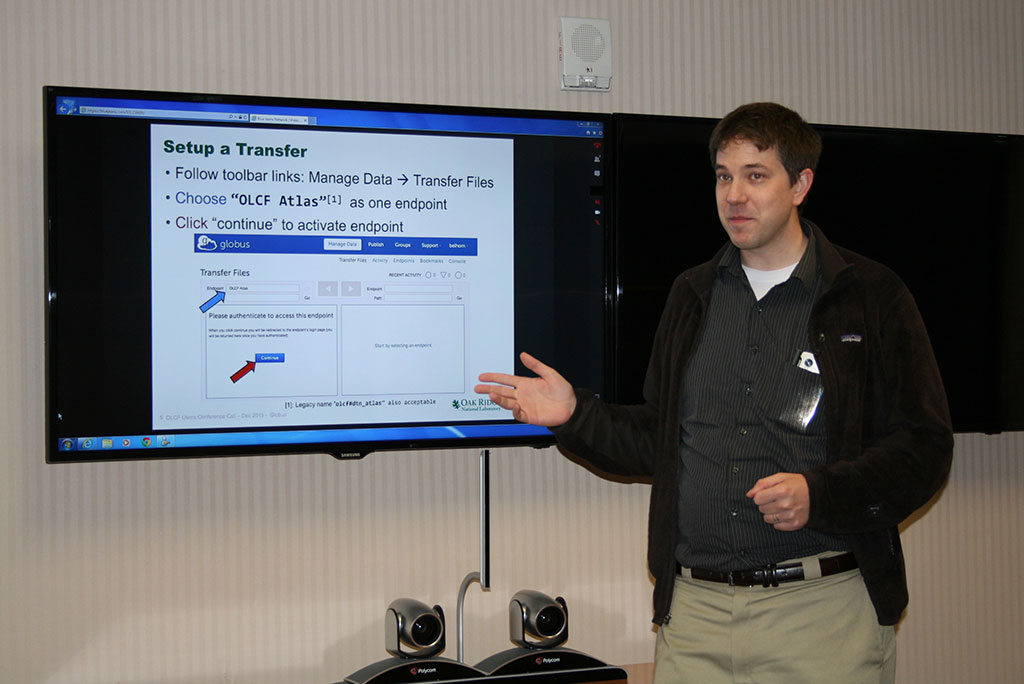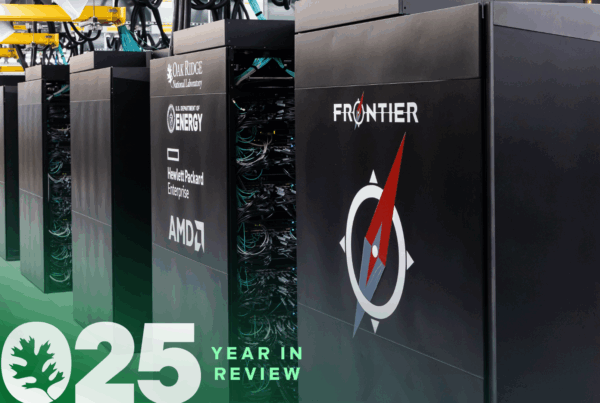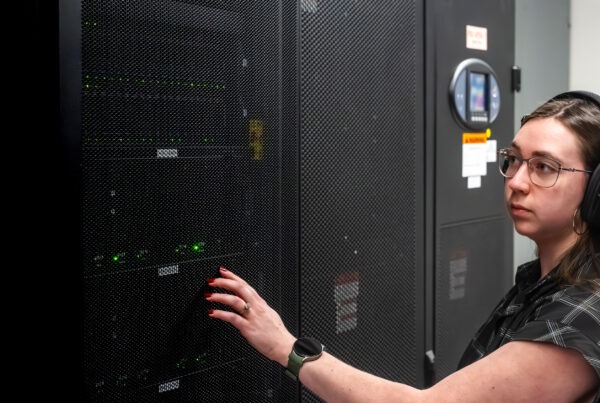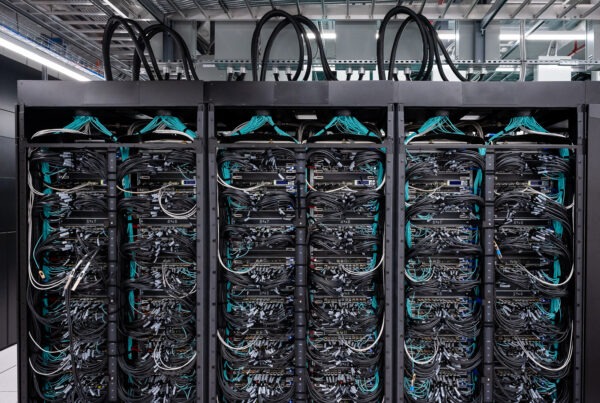Globus tool meets needs for users, staff
The staff at the Oak Ridge Leadership Computing Facility (OLCF)—a US Department of Energy (DOE) Office of Science User Facility located at DOE’s Oak Ridge National Laboratory—always strives to find ways to improve or enhance the experiences of OLCF users. For data management, this effort is of primary importance.
Recently, a cross-departmental team engaged in an ongoing process to make data transfer easier for users. The team includes User Assistance Specialists Suzanne Parete-Koon and Matt Belhorn as well as High-Performance Computing Operations team member Jason Kincl. Parete-Koon has led the OLCF data transfer working group, which works with users and center staff to understand data transfer needs. The authentication process for Globus is one of the key topics this group has addressed. Globus is a project of the Computation Institute, a partnership between The University of Chicago and Argonne National Laboratory founded in 2000 to advance science through innovative computational approaches. Among other functions, it facilitates data transfer both inside and outside a user facility.
“OLCF users have repeatedly expressed the need for a smoother Globus authentication process,” Parete-Koon said. “The data transfer working group kick-started the effort for an OLCF certificate authority [CA] to help simplify the authentication for Globus transfers.”
Parete-Koon and Kincl met with a Globus representative to set up a CA for the OLCF to host, and Kincl took the technical lead for establishing the CA. In the past, OLCF users had to obtain an Open Science Grid (OSG) certificate to authenticate to Globus. “It was a convoluted way of doing business,” Belhorn, adding that it could take up to a week for the OSG certificate to be approved, which would then slow down the transfer of data.
By establishing this CA, the OLCF has made it possible for users to authenticate using their existing OLCF RSA credential (a random password generator otherwise known as a token) and provided an easy-to-navigate online interface.
Recently, Belhorn tested, gave user training on, and wrote documentation for the latest upgrade, and the OLCF has adopted its own subscription plan for Globus. This new subscription plan includes a management console that allows specialists to review the status of all ongoing data transfers. In the past, it was not possible to take this moment-by-moment snapshot.
This console makes it possible to see all attempted, active, and even failed transfers. “And if we need to debug problems in the transition, it makes it much easier,” Belhorn said. This tool also makes it possible to schedule data transfers around scheduled downtimes and, if appropriate, to stop the transfer at a convenient spot in the process. This makes it clean and easy to resume the transfer when the downtime ends.
“Also, this new subscription process gives us direct contact with a representative from Globus so we can work hand-in-hand with them to manage future upgrades. This helps us to resolve any issues and gives us a better chance for our user needs to be worked into the ongoing development of the Globus tool,” he said.
Parete-Koon, meanwhile, continues to work with the OLCF data transfer working group, which was awarded a Director’s Discretionary project. The group uses the project as a point from which to do data transfers hardware testing. And Parete-Koon continues her work with the OLCF User Group to further the data transfer conversation. In fact, some recent user calls focused on the topic.
She also worked with colleague Jason Hill and former OLCF Scientific Computing Group member Hai Ah Nam to publish a paper on data transfer, a topic that continues to be timely and foremost at the OLCF.
Oak Ridge National Laboratory is supported by the US Department of Energy’s Office of Science. The single largest supporter of basic research in the physical sciences in the United States, the Office of Science is working to address some of the most pressing challenges of our time. For more information, please visit science.energy.gov.






